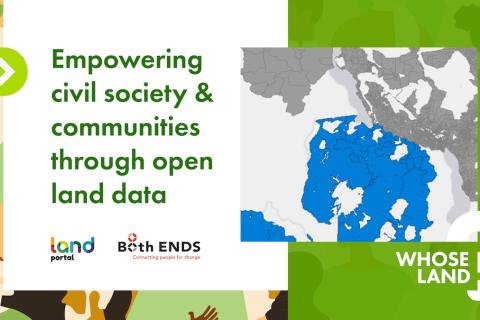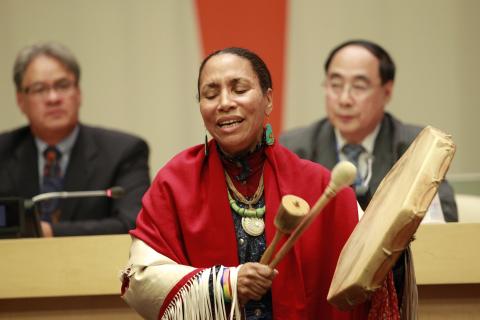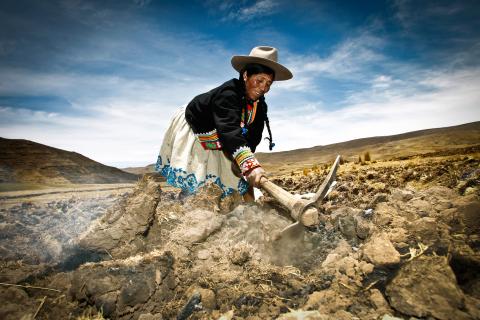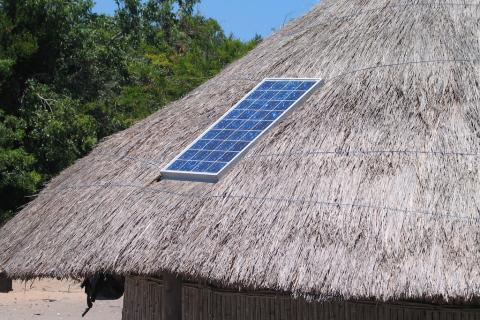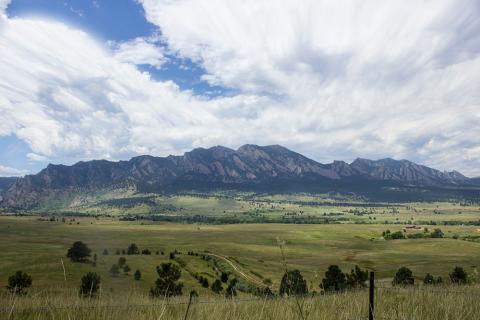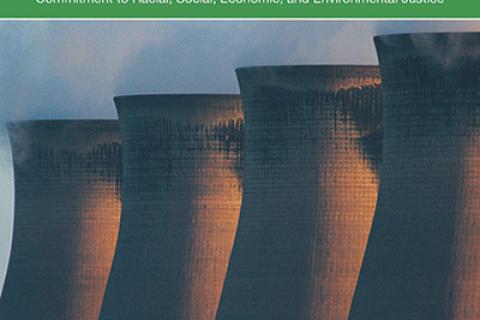Seven takeaways from the 2022 Global Land Forum
Last week, the International Land Coalition (ILC) hosted its 9th Global Land Forum in Jordan - the first large in-person meeting of the land community for three years.
WATCH: COP26 Reflections in #LandDialogues
"At last, we are beginning to harvest more than 100 years
of international advocacy of Indigenous peoples."
- Dr. Myrna Cunningham Kain, on her initial reactions to the $1.7 billion pledge
Indigenous peoples and local communities can save our forests: but governments must put them on the map
International Day of Forests: 21 March
A new study, published ahead of the International Day of Forests, warns that the Amazon is now nearing its tipping point; its ability to recover from disruption, such as droughts or fires, is rapidly reducing, increasing the risk of dieback of the Amazon rainforest and potentially releasing up to 90 billion tons of greenhouse gases into the atmosphere.
A year of powerful Land Dialogues highlighted the need for Indigenous land tenure
Indigenous Peoples look after their land, protect the environment and food sources, and can be a bulwark against global disease by ensuring biodiversity and proper management of forests.
But they remain under sometimes violent threat, are often treated as after-thoughts in international policy planning, and generally see their rights taking second-place to global demands, including environmental protection.
Beginner's Guide to Open Land-Related Data
The Land Portal works to embed land governance in open data discussions and vice versa. This primer is extracted from the recently published Open Up Guide for Land Governance.
First, What is Open Data?
To deliver the promise of this climate super year, UN-led efforts must back land rights
Land is a big deal when it comes to the world’s environmental goals. How we use it not only causes a third of global emissions, it has pushed a million species close to extinction and has degraded around a quarter of all land on Earth.
Interview with Javier Molina Cruz: Taking the VGGT to the Next Level
Over the past nine years, the project on Supporting Implementation of the Voluntary Guidelines on the Responsible Governance of Tenure of Land, Fisheries and Forests (VGGT) has helped countries make political commitments towards the eradication of hunger, food insecurity, and malnutrition, with the explicit outcome of increasing awareness among decision makers, development partners, and society at large regarding access to natural resources. The Food a
Deforestation in Cambodia: A story of land concessions, migration and resource exploitation
Since the turn of the century, 27,000 km2 of land in Cambodia has been deforested. This is 14.8% of total land area in the country. It also represents 26.4% of forest cover as existed in 2000.
An acceleration in deforestaton is seen from the early 2000s to 2010. For the land‐grab aficionado, the trend runs parallel to the ‘global land rush’ and mirrors the evolution of agricultural commodites prices.
Call for Papers: Building Power, Deepening Democracy: Global Perspectives on Environmental Justice
Submission Deadline: All manuscripts should be submitted for consideration by December 31, 2021.
The global environmental crisis is intertwined with the crisis of social and economic inequality. From coal plants to palm oil plantations, economic activities that threaten the planet are concentrated in communities with less power and wealth. “You can’t have climate change without sacrifice zones,” writes Hop Hopkins, “and you can’t have sacrifice zones without disposable people.”1

